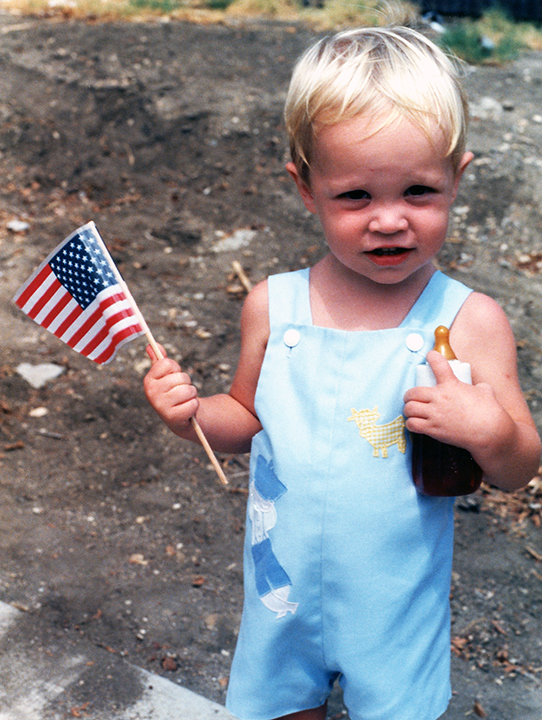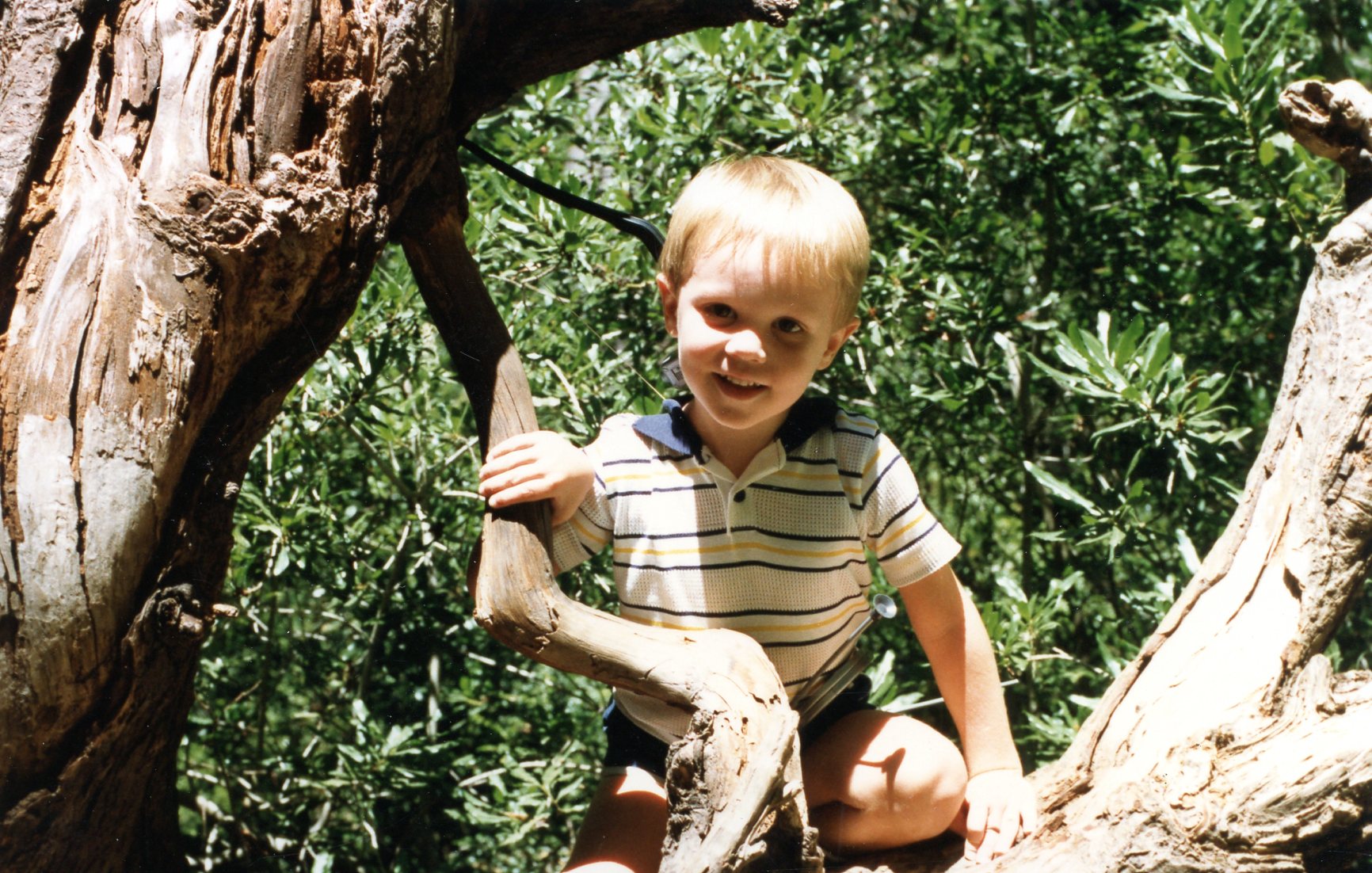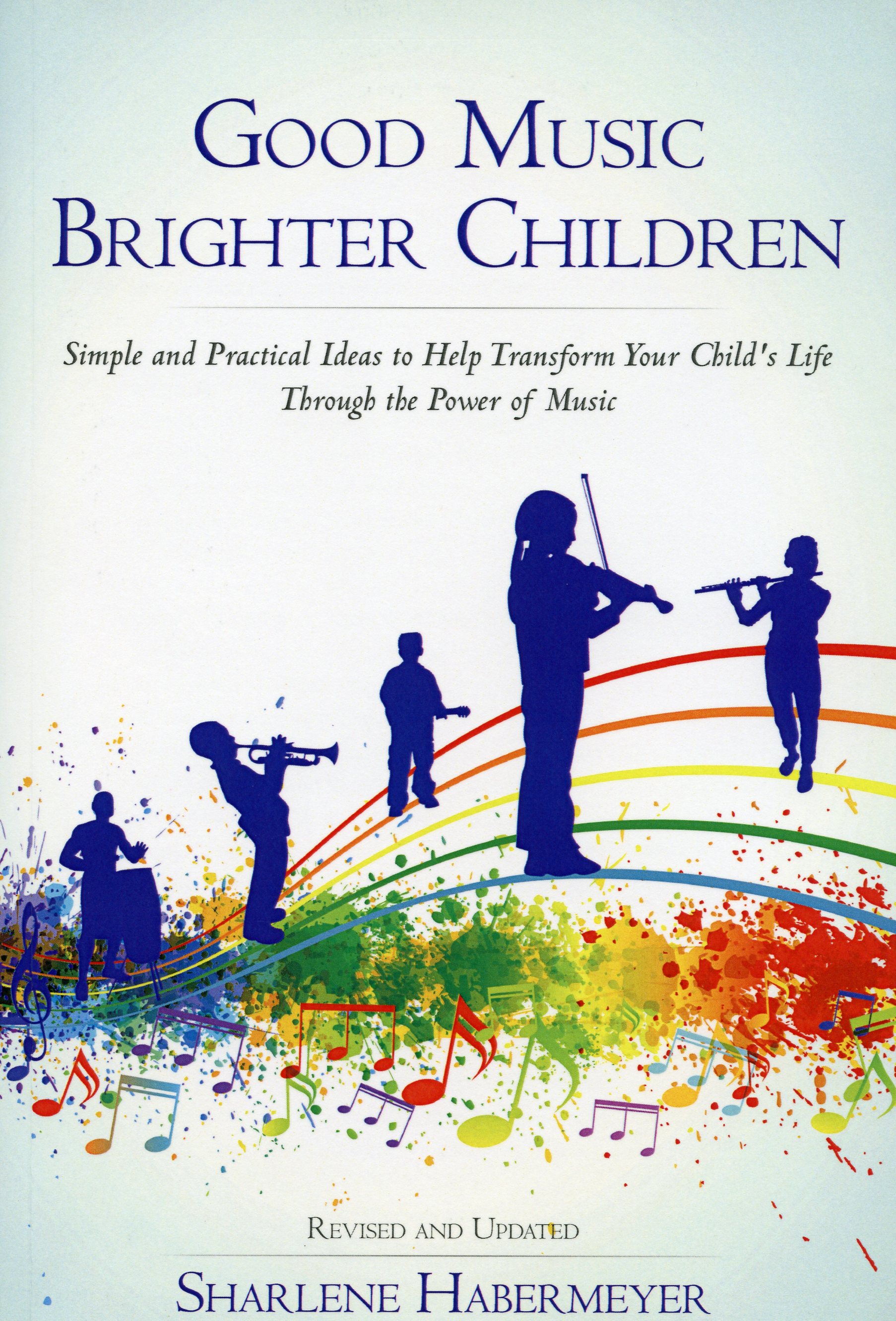Brain Benefits of Listening to Music
We're so excited to introduce you to Sharlene! As a mother, I know music is important, but I'm not always sure HOW to use it to help my kids grow. Especially on those days when there are tantrums on the piano bench. I needed Sharlene's book, "Good Music Brighter Children," to remind me that music has INVALUABLE benefits for learning, healing, and happiness. Sharlene provides excellent suggestions to help your kids love and appreciate music, as well as how to use it to your advantage as a parent. You. Will. LOVE THIS. Without further ado...please welcome, Sharlene!
Hello, I’m Sharlene Habermeyer. Thanks for letting me guest post today!
I am a mother of five boys and the author of Good Music Brighter Children. Today I want to share with you a little about myself, why I wrote my book, and what music does for our brain and our well-being.
I was born with music in my heart. Growing up, whenever I heard music—either in nature or on the stereo—I always stopped to listen. To this day, birds are my favorite creation—why? Because they sing. I started taking piano lessons at age five and have continued through most of my life. My favorite piece of music is Beethoven’s Violin Concerto in D. It has enveloped my being—totally and completely. Thank you Mr. Beethoven!
My husband and I played music for our sons when they were in utero. It was not a planned thing—my husband and I listened to classical music each day and so our sons in utero listened to it. When our sons were born we started a tradition of playing music and reading to them everyday. As a result, our sons were early talkers and early readers.
So, I want to pause here and ask you the question: Wouldn’t it be amazing if you could just listen to music and have it positively affect the brain? And what about learning to play a musical instrument—or learning to sing—what does that do for the brain? I’ll tell you! Here are some of the ways listening to music and playing a musical instrument affects us:
Music and Learning:
Our third son, Brandon had a very traumatic birth (too high in the birth canal and dragged out by forceps). The result was pre-frontal cortex damage leaving him with severe learning disabilities. As I studied different ways to help Brandon learn, I discovered that he, like so many children, loved and responded to music. So, I used musical games, rhymes, and songs to help him learn his school lessons. I also played classical CDs for him, and I taught him the piano. I was convinced that parts of his brain, rather than malfunctioning, were in need of the kind of exercise that one gets from studying a musical instrument and listening to classical music. It was true—music became the catalyst for him to process information.

During this time, I read hundreds of studies showing how learning a musical instrument builds a bigger, better brain. And that merely listening to music changes the way the brain processes information, allowing the brain to absorb, retain and retrieve information better and easier.
But the story is just beginning—listening to music does even more…
Music and Healing:
Growing scientific evidence attests to music’s healing powers.
Many ancient cultures used sound and music for healing. Pythagoras called it “music medicine.” In the middle ages, the study of music became a mandatory part of a physician’s education. It was discovered that, no matter a person’s age, if they engage in listening or participating in music, it enhances the brain’s ability to heal from physical, mental or emotional wounds.
Today, music therapy has gained widespread attention and acceptance as a way to help people who are sad, depressed or under stress to listen to music and to feel its’ healing powers.
Music and Happiness
And last, music can evoke positive emotions. Music is felt in our entire body and even in our gut. Yes, the gut! Today, science refers to our gut as a “second-brain,” because it exudes emotions and feelings. Interestingly, it produces 95 percent of the body’s serotonin—the neurotransmitter that contributes to emotions and well-being and happiness; thus making this part of the body teeming with emotions. That is why when we listen to music or play music we experience it throughout our entire being as it raises our spirits and makes our hearts sing.
Where is Brandon today? Despite the dismal reports from doctors and psychologists when he was five, Brandon graduated with straight A’s in his double major (film and philosophy) from BYU. Music was key to his ability to learn and process information; music healed his spirit and music continues to make him happy.

What do you want from music?
- Better cognitive function? Try listening to George Frideric Handel’s Water Music
- A healing, soothing balm? Try listening to your favorite MOTAB Choir CD or open the hymn book and start singing
- Music to make your heart sing? Try Come Alive by Mercy River
My Book:
While working with Brandon, I searched for a comprehensive “how-to” book geared to parents on the far-reaching benefits of music and finding nothing under one roof, I decided to write my book. Kirkus, the largest independent book reviewer in the nation described it as: “A magnum opus, fact-filled and inspiring, on the benefits of music.”
Here is a small sampling of what you find in my book to help you and your child on your musical journey:
- Why and how music builds a bigger, better brain
- How to turn your home into a musical training center with ideas on musical games and activities for your children from utero through high school
- Ideas to help the learning disabled child
- How to choose an instrument and teacher, ideas to get kids to practice, and values learned from learning a musical instrument.
- Resource Section: The book also has an extensive 50-page Resource Section that includes (among other things) CD examples, books, the best music from the master composers, and various ways to use music that will not only build a bigger, better brain, but for all kinds of moods and situations.
- And much, much more…
The book is easy-to-read and loaded with examples and stories that will excite and motivate you to get you and your kids involved with music!
So, that is me in a nutshell. Now, I want to hear about you—do you love music? Do you listen to music each day? Do you or your children play a musical instrument? What has been YOUR musical journey?
If you are interested, please visit my blog: www.goodmusicbrighterchildren My book is available here.

About Sharlene Habermeyer: Sharlene has a Bachelor’s degree in Art from Utah State University and a Masters degree in Education from Pepperdine University, California. She teaches college and in 1999, she started the Palos Verdes Regional Symphony Orchestra. It currently boasts over 100 musicians. She will be teaching at BYU Education Week August 18-22, 2014.
Contact
Please “like” me on Facebook: https://www.facebook.com/GoodMusicBrighterChildren
You can access my Facebook, Pinterest, Twitter, and other blogs through www.goodmusicbrighterchildren.com
